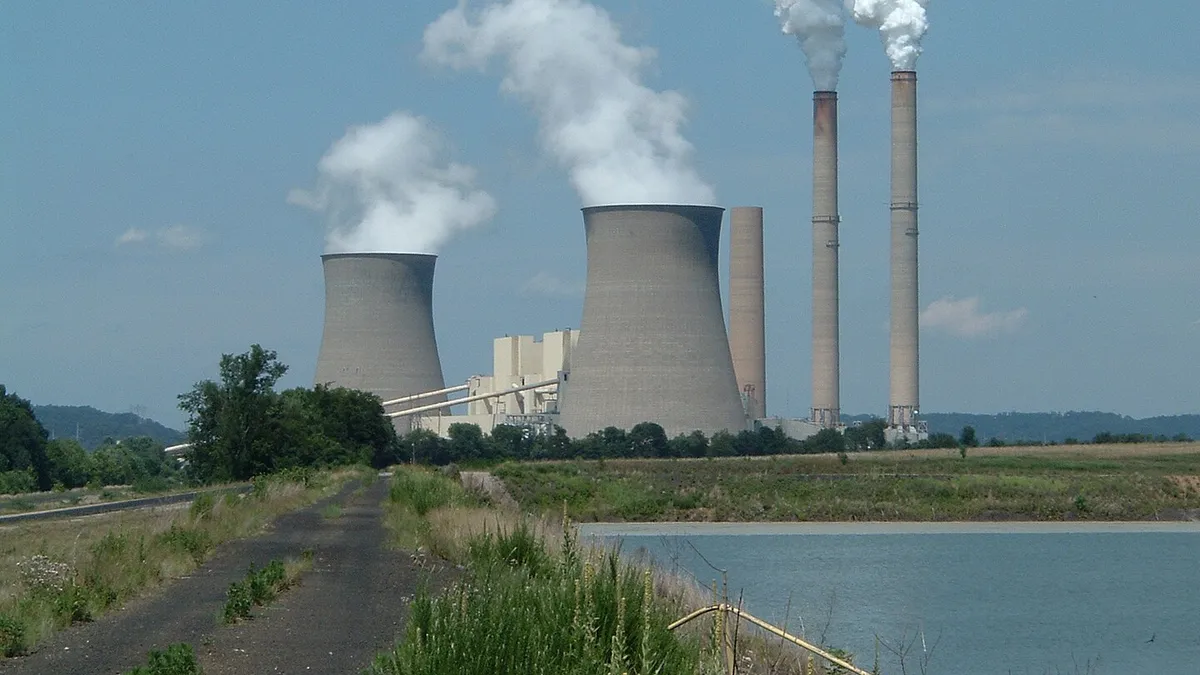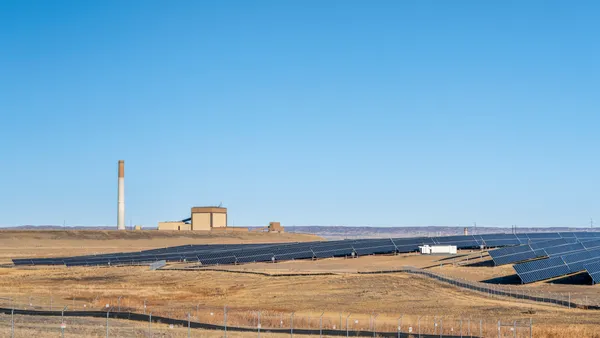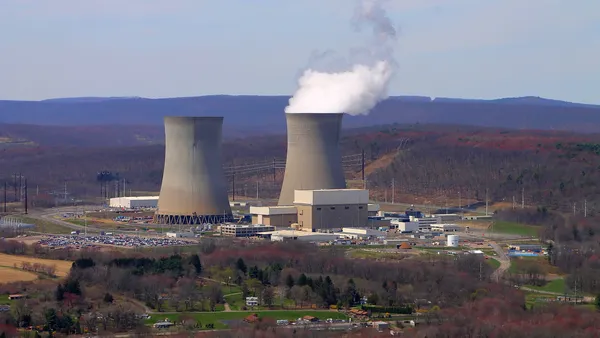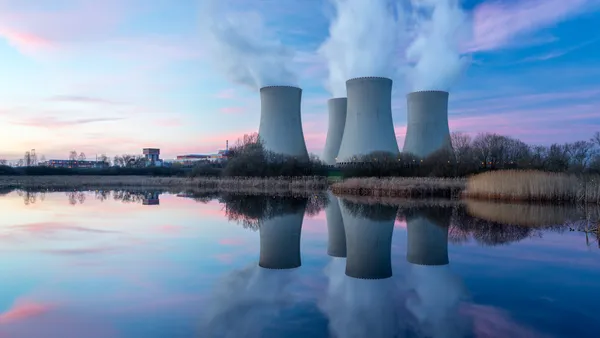Dive Brief:
- The interim chairman of the Federal Energy Regulatory Commission endorsed enhanced compensation for coal generators and said the resource should remain part of the U.S. power mix in an appearance on the agency's podcast.
- Neil Chatterjee said coal plants should be "properly compensated to recognize the value they provide to the system," and that he looks forward to clearing the commission's backlog of infrastructure projects to "help spur economic development."
- Chatterjee's comments come amid complaints from baseload generators that their reliability benefits are not properly valued in the nation's wholesale markets. FERC and the nation's grid operators are addressing the issues in ongoing efforts to mesh state policy goals with wholesale market operations.
Dive Insight:
Named interim chairman only last week, Chatterjee's long stint as a legislative aide meant that his perspectives on the finer points of electricity regulation were relatively unknown.
The new FERC head worked in Senate Majority Leader Mitch McConnell's (R-KY) office for years, following a stint as a lobbyist for the National Rural Electric Cooperative Association.
In an appearance on FERC's podcast Open Access, Chatterjee said his Kentucky policy roots will play a role in how he evaluates the power system.
"Last year, coal provided 80% of the electricity in Kentucky," he said. "As a nation, we need to ensure that coal, along with gas and renewables, continues to be part of our diverse fuel mix."
Part of that, Chatterjee said, will be ensuring proper compensation for baseload coal plants in the nation's organized markets, where low natural gas prices, stagnant load growth and renewables have depressed prices, pushing many old coal plants offline.
Without elaborating, the FERC chair endorsed "proper compensation" for the baseload generators and the value they bring to the system. The call is similar to those from coal and nuclear generators themselves, who argue their ability to provide power around the clock should afford them higher payments in power markets.
The comments also echo statements from EPA Administrator Scott Pruitt, who has said that coal generation is critical to power reliability because of its ability to draw from "solid hydrocarbons" plant sites. Those comments contradict a raft of findings from U.S. national labs and grid operators, whose studies say the grid can operate reliably without substantial coal generation.
But while reliability remains strong, low power prices are threatening the finances of many independent generators, particularly in regions with high levels of renewables or nuclear subsidies. Over time, generators warn this influx of subsidized generation could push otherwise viable plants offline.
To compensate, PJM and ISO-NE have proposed two-part capacity auctions that would split subsidized renewables and nuclear resources from unsubsidized coal and gas plants, allowing the latter to receive a higher price. The New York ISO is also preparing to integrate a carbon price into its market, and PJM is exploring whether to enhance compensation to baseload generators for their "resiliency" characteristics.
Those changes are controversial, with critics saying they will do little more than prop up uncompetitive, inefficient generation. Chatterjee's perspective on the subject is likely to be significant, as FERC holds jurisidiction over the wholesale power markets and is set to address the issue through challenges to nuclear subsidies in New York and Illinois, as well as overseeing continued market reform efforts.
“The fact is, it's all going to be back in their lap," former FERC Commissioner Tony Clark told Utility Dive last month. “The problem is, if it was easy and there was a silver bullet, they would have found it already."
















